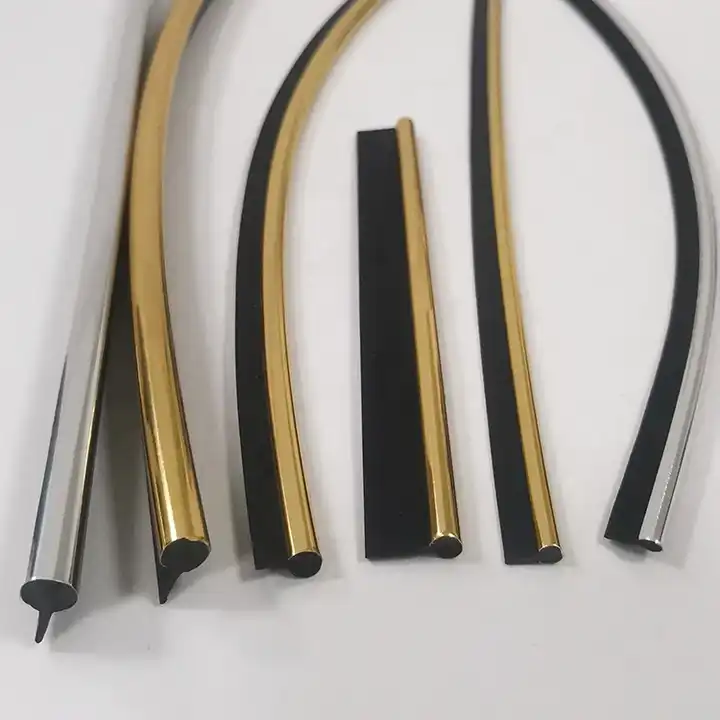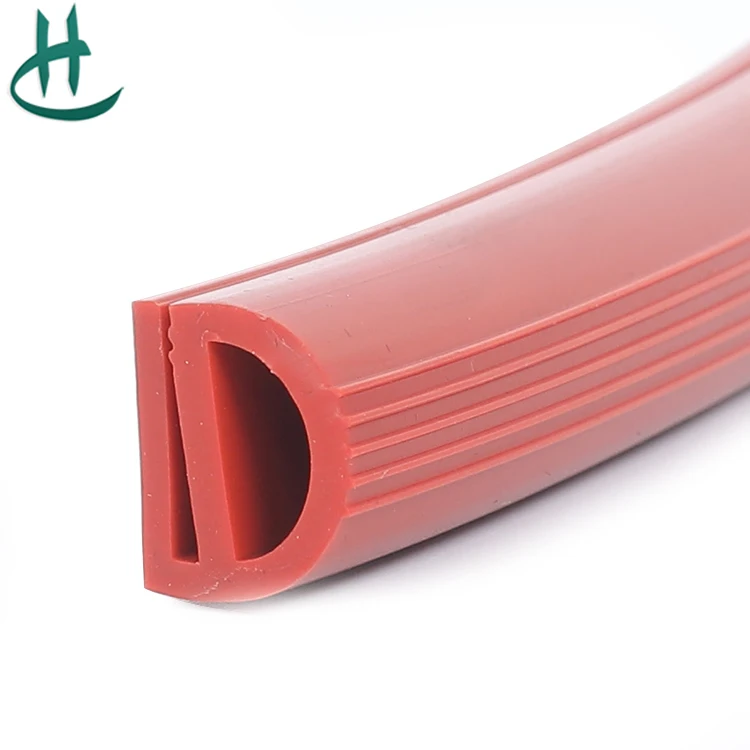Budgies, like all living beings, require a range of nutrients to maintain optimal health. Essential vitamins and minerals play a critical role in physiological functions, including immune response, feather growth, energy metabolism, and bone health. Budgies need a well-rounded diet that includes carbohydrates, proteins, fats, vitamins, and minerals. However, commercial seed mixes often lack essential vitamins, particularly if they are not fortified. This is where multivitamins come into play.








